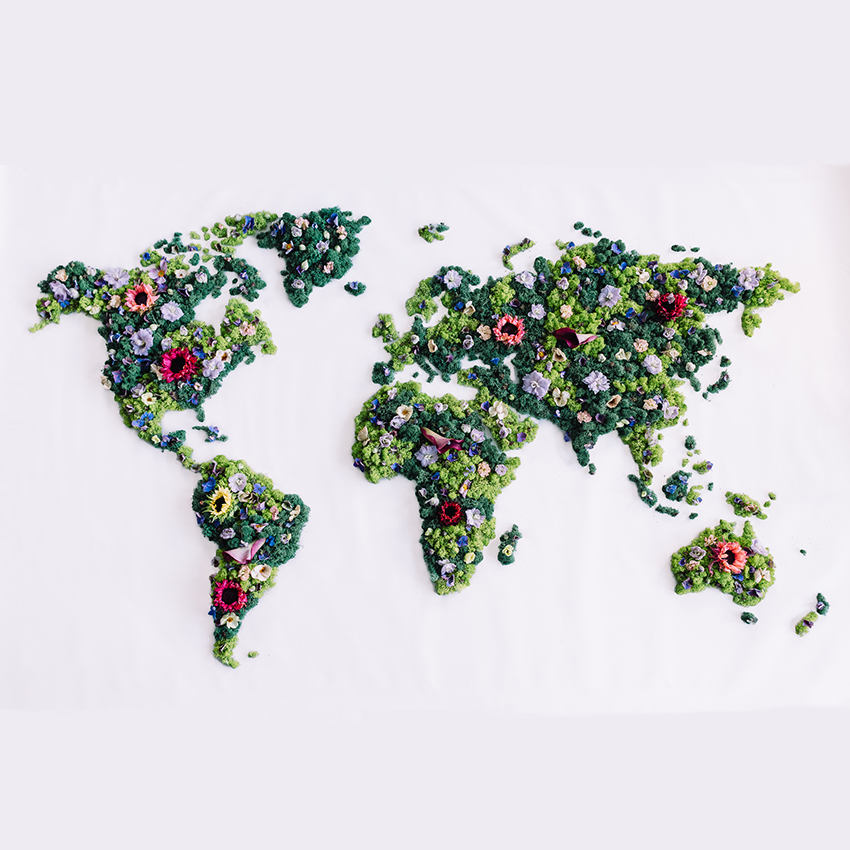In a world often defined by diverse cultures, traditions, and norms, self-love remains a universal need that transcends all boundaries. Self-love is not merely a personal quality; it is a powerful tool for individual growth and global harmony. Let's delve into what self-love entails, why some countries struggle to embrace it, and why it is crucial for both personal well-being and world peace.
Self-Love: A Universal Concept
Self-love goes beyond superficial self-regard. It is a profound awareness of self-worth, self-acceptance, and nurturing one's own well-being. It encompasses the ability to love oneself regardless of shortcomings, failures, or external judgments. Self-love is an intrinsic part of the journey toward personal growth and fulfillment.
Why Is Self-Love Sometimes Challenging?
In some cultures and societies, self-love is viewed as selfish or narcissistic. Social pressures, norms, and expectations can compel individuals to neglect themselves to meet the expectations of others. The emphasis on collectivism in certain cultures may discourage individuals from prioritizing themselves. Deep-rooted traditions and beliefs can also hinder people from openly embracing self-love.
The Universal Impact of Self-Love
Embracing self-love not only has positive consequences on an individual level, but it can also have a transformative effect on societal structures and international relations. Individuals who love themselves are generally more resilient, empathetic, and peace-loving, contributing to the creation of societies based on understanding, compassion, and respect for diversity.
Self-Love as a Catalyst for Health
Numerous studies show that self-love promotes mental and physical health. It reduces stress, enhances resistance to illness, and fosters a positive mindset. By loving themselves, individuals become better equipped to handle challenges and strive for a balanced and healthy life.
A Call for Global Self-Love
It is crucial to raise global awareness about the importance of self-love. Cultural barriers and societal norms should not hinder the nurturing of the self. Education, open dialogues, and the promotion of self-acceptance are just a few steps toward a world where self-love is the norm.
In a world grappling with complex challenges, self-love can serve as a powerful means to promote individual well-being and achieve collective peace. It starts with recognizing the value within, irrespective of origin, culture, or tradition. Self-love is not just a personal journey but a collective journey toward a world where understanding, love, and peace are held in high esteem.





